Our fabolous communication staff helped us to document the presentations and put them out on the web. Check this out!
Here is a summary of the workshop
The workshop was held January 13th 2015 and hosted 19 participants from different departments and the CEC. The presentations truly stimulated a discussion on scientific methods to integrate decision problems into research.
Engaging stakeholders in research projects
Anna-Maria Jönsson (The interface between science and stakeholder interactions)talked about the outcome of a study they had made on how stakeholders and researchers perceived the stakeholder interactions and dialogues.
Susanna Bruzell (Integrating stakeholders in adaptation research – a case study of the Swedish forestry sector’s decision-making in a changing climate.) provided examples of the stakeholder dialogues in a larger research environment.
Johanna Alkan-Olsson (What does science say about how and why to interact with stakeholders in research projects) argued for the need to engage stakeholders in research.
Formulating and solving a multi-criteria decision problem
Ullrika Sahlin (The science of Multi-Criteria Decision analysis) gave an introduction to Decision theory, decision making under uncertainty and the formulation of complex decision problems.
Deniz Koca (The Role of Stakeholder Participation and Group Modelling in Developing Decision Support) showed how he in interaction with experts and stakeholders specify the system model upon which a decision analysis will be based.
Nils Cronberg (How we teach decision making in a netbased course in environmental science) presented how they work with teaching students methods to perform evidence based conservation.
Carin Nilsson (Adapting to an uncertain climate – lessons from practice – the CIRCLE-2 findings from Europe) picked some results from a larger study on methods to address and communicate uncertainty in climate adaptation.
Obtaining data from stakeholders
Stina Alriksson (Methods to measure stakeholder’s preferences) showed how she is obtaining data on how stakeholder’s value multiple objectives which can be further used in decision analysis but also to identify groups with common values.
General discussion covered issues like
We concluded that there is a need to build a shared competence and experience of scientific principles to address complex decision problems. We should be better to interact on this type of issues. Knowing the various competences among us on these methods can help knowledge exchange. We need to increase our capacity to utilize existing research projects to work towards managers and policy makers. A competence and resources to integrate decision theory in research and more directly work towards decision makers could be something that makes CEC different from traditional departments at the university.
Integrating decision making into science challenges our view and models of science. A discussion on how to meet the demand for science to provide decision support should be combined with a discussion on scientific integrity.
We should build up a capacity to not only transfer scientific knowledge but to also specify and develop the scientific methodology on doing so in parallel with knowledge transfer. There is e.g. a need for an alternative to evidence-based methods that fits into the type of applications we are working with.
We suggest making some effort to create contact points between research projects working with multi-criteria decision making or that has a goal to communicate uncertainty in their results. A second workshop of a similar kind is desired. Future topics could cover how to explain the development and use of scenarios and communication of uncertainty as part of the scientific method and not something that comes in when the results are there.
i.e. to be continued. / Ullrika



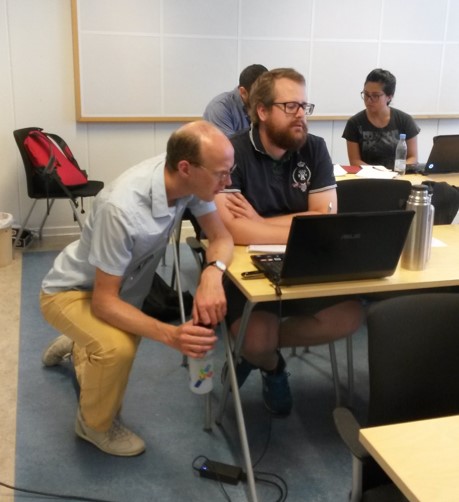

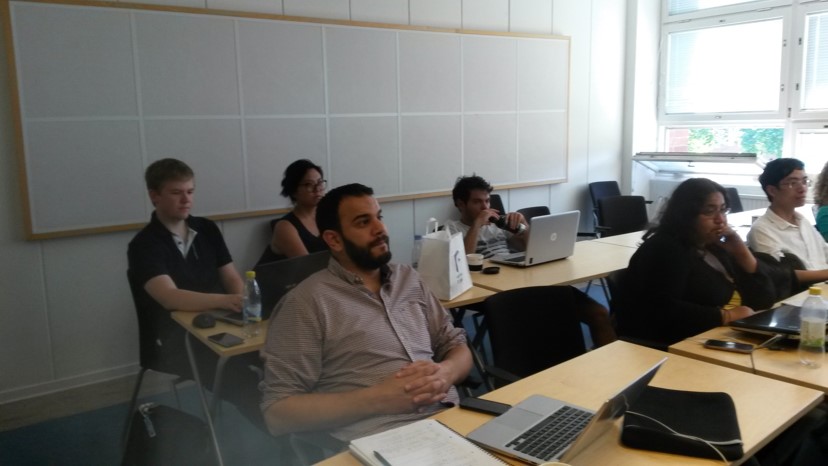
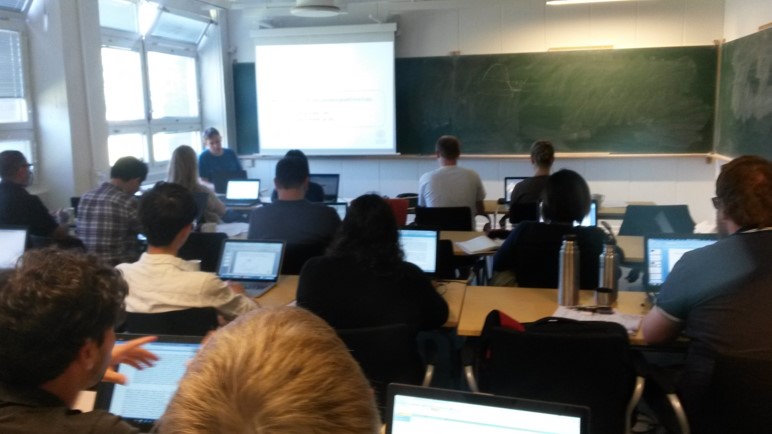
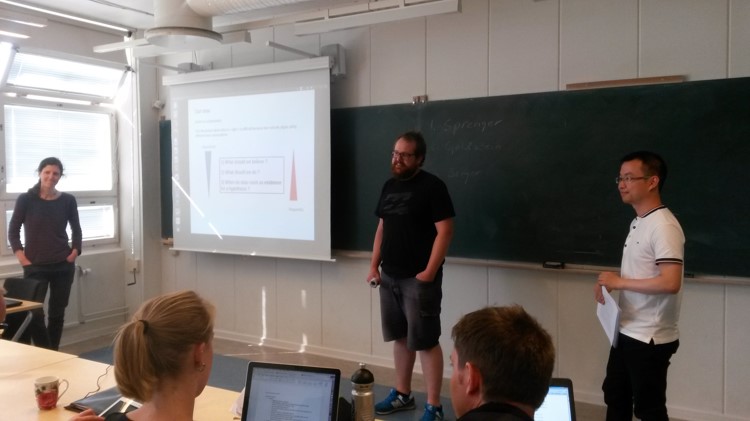

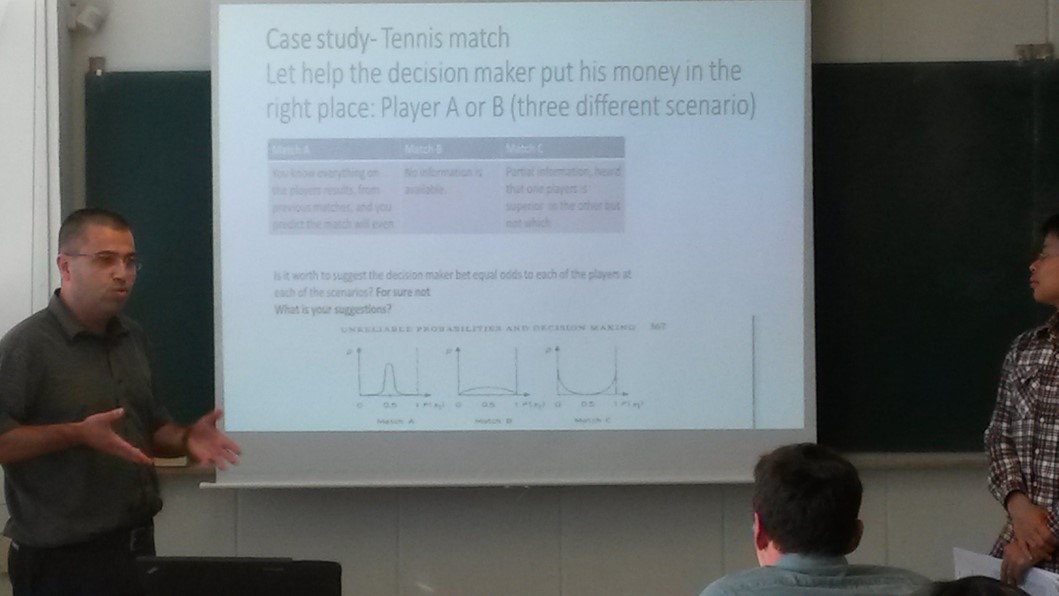
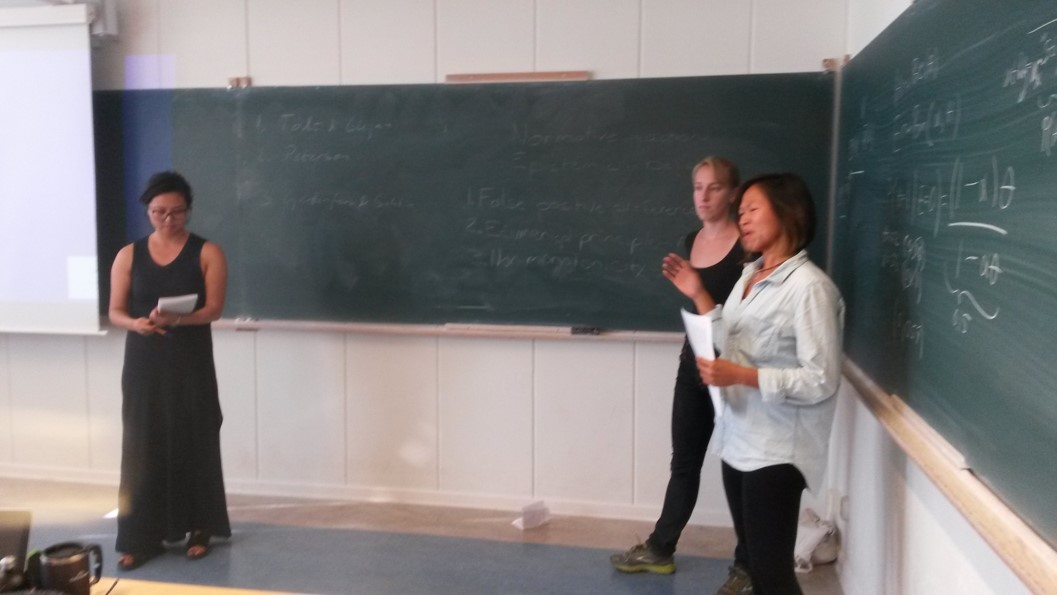
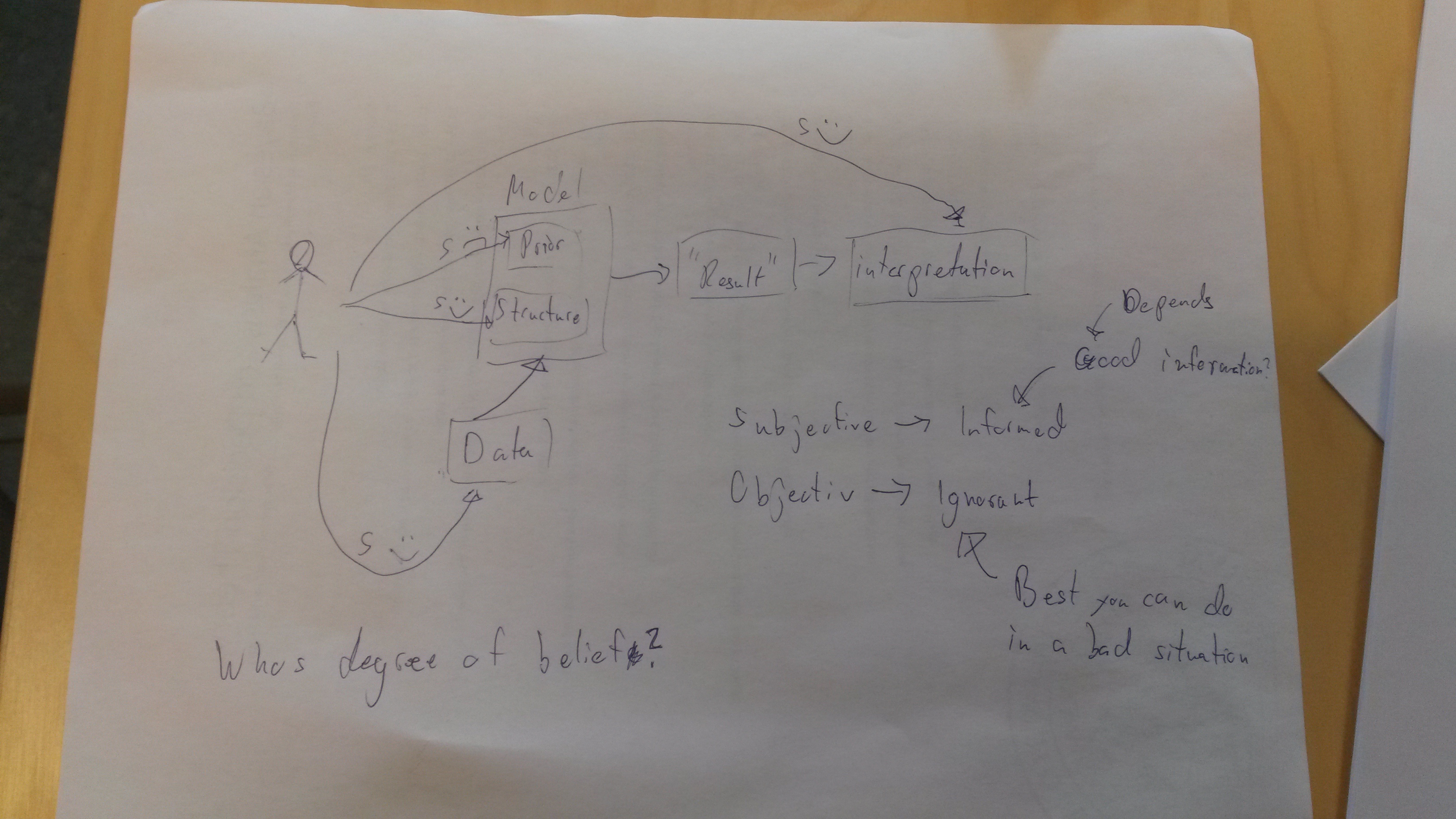
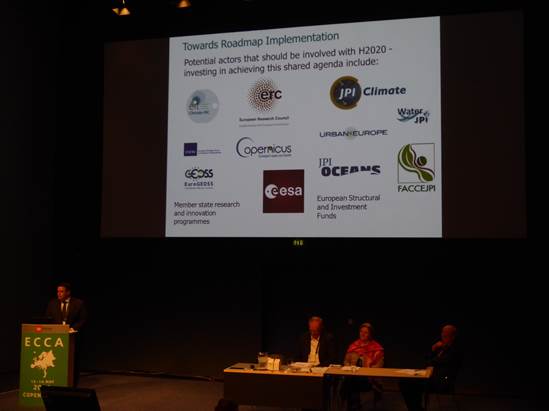

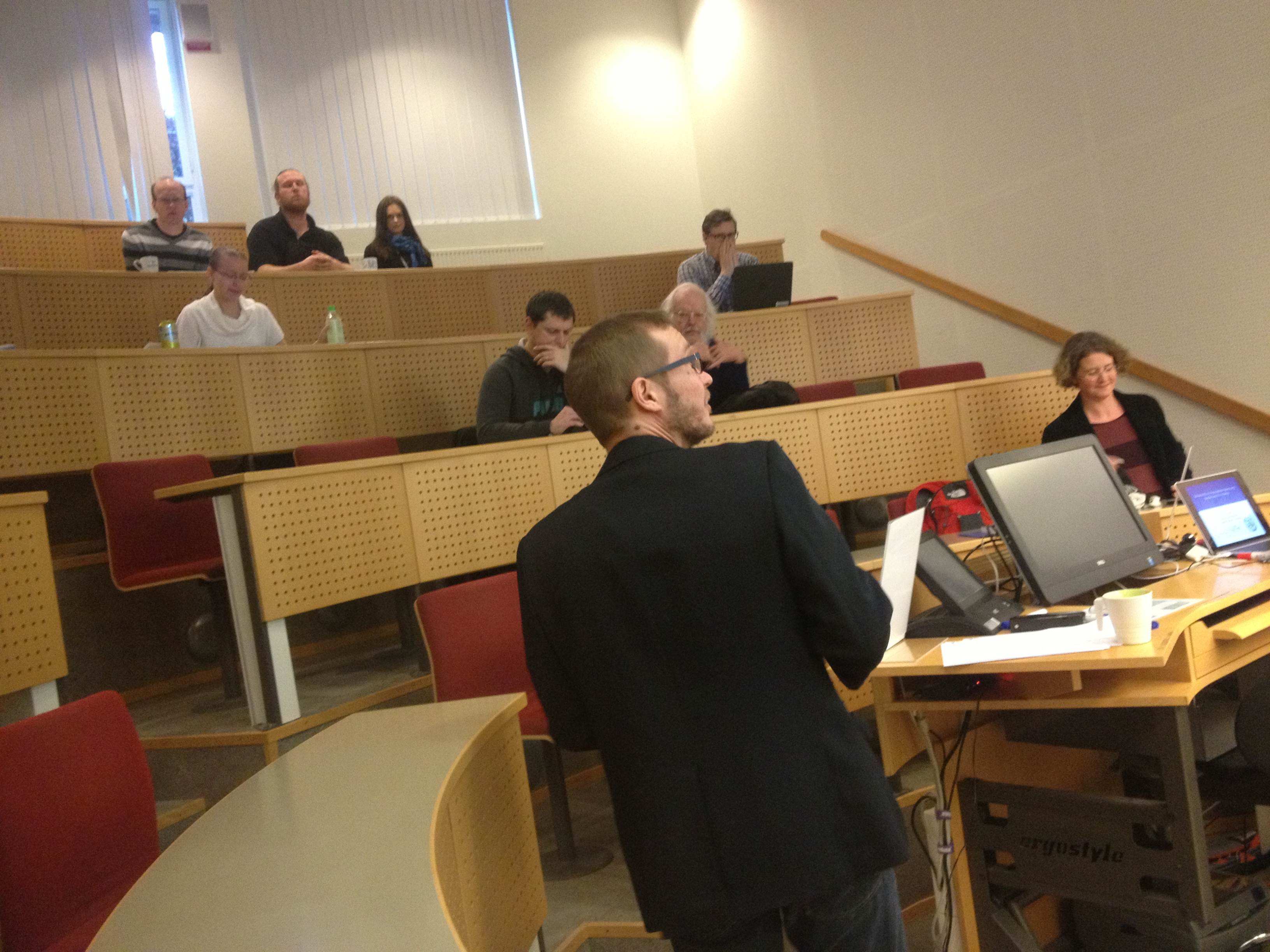
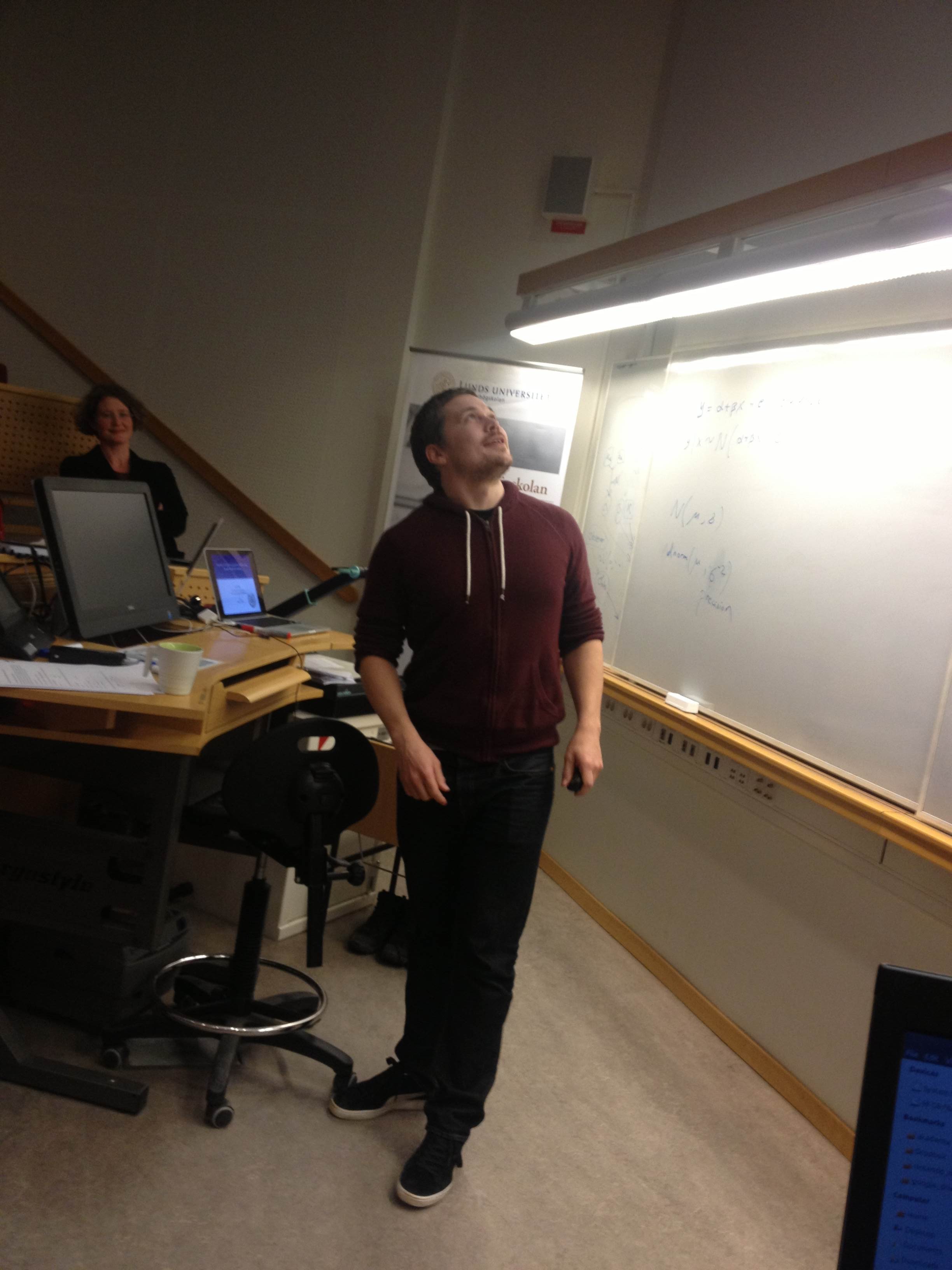
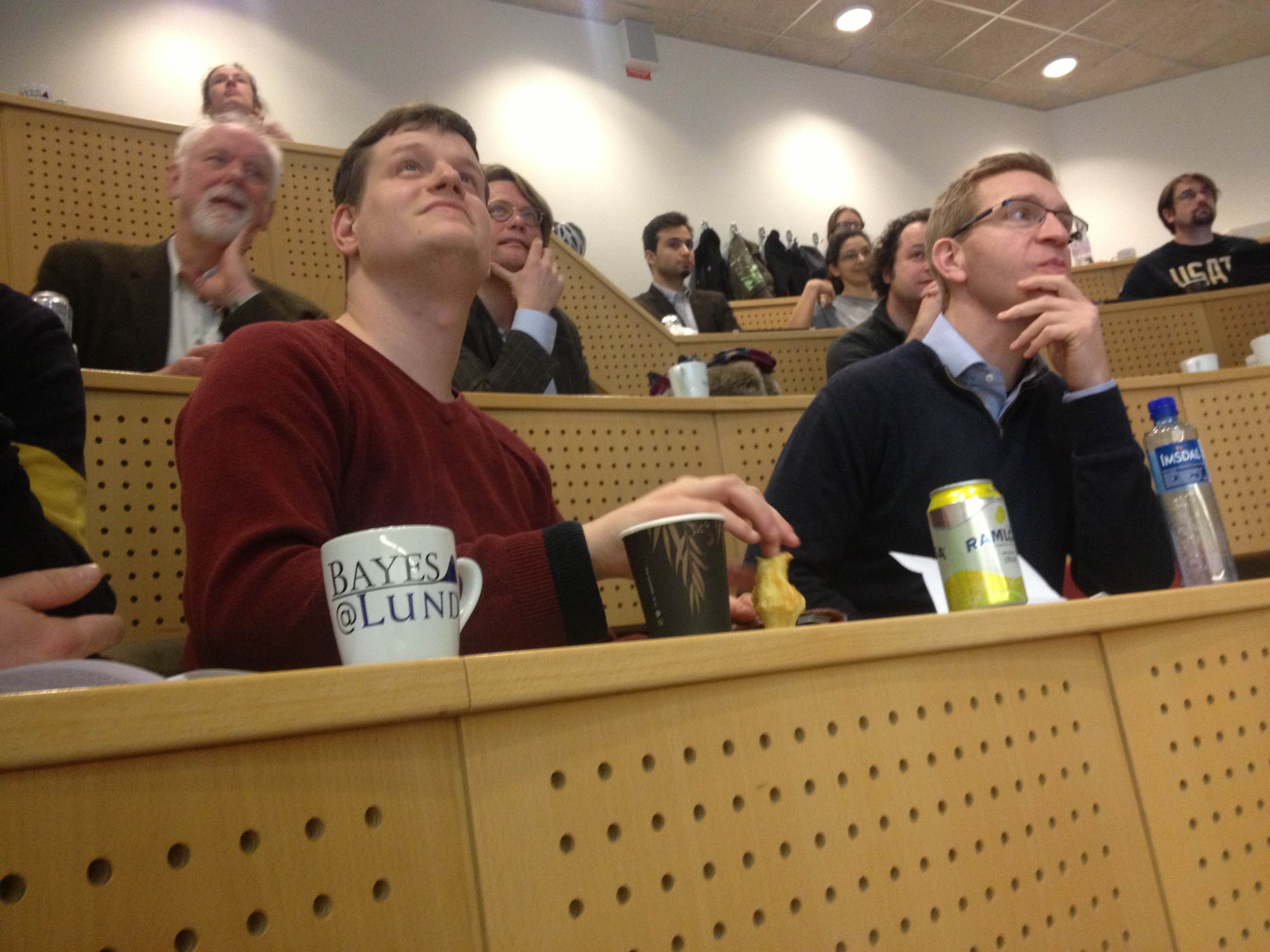
Comments